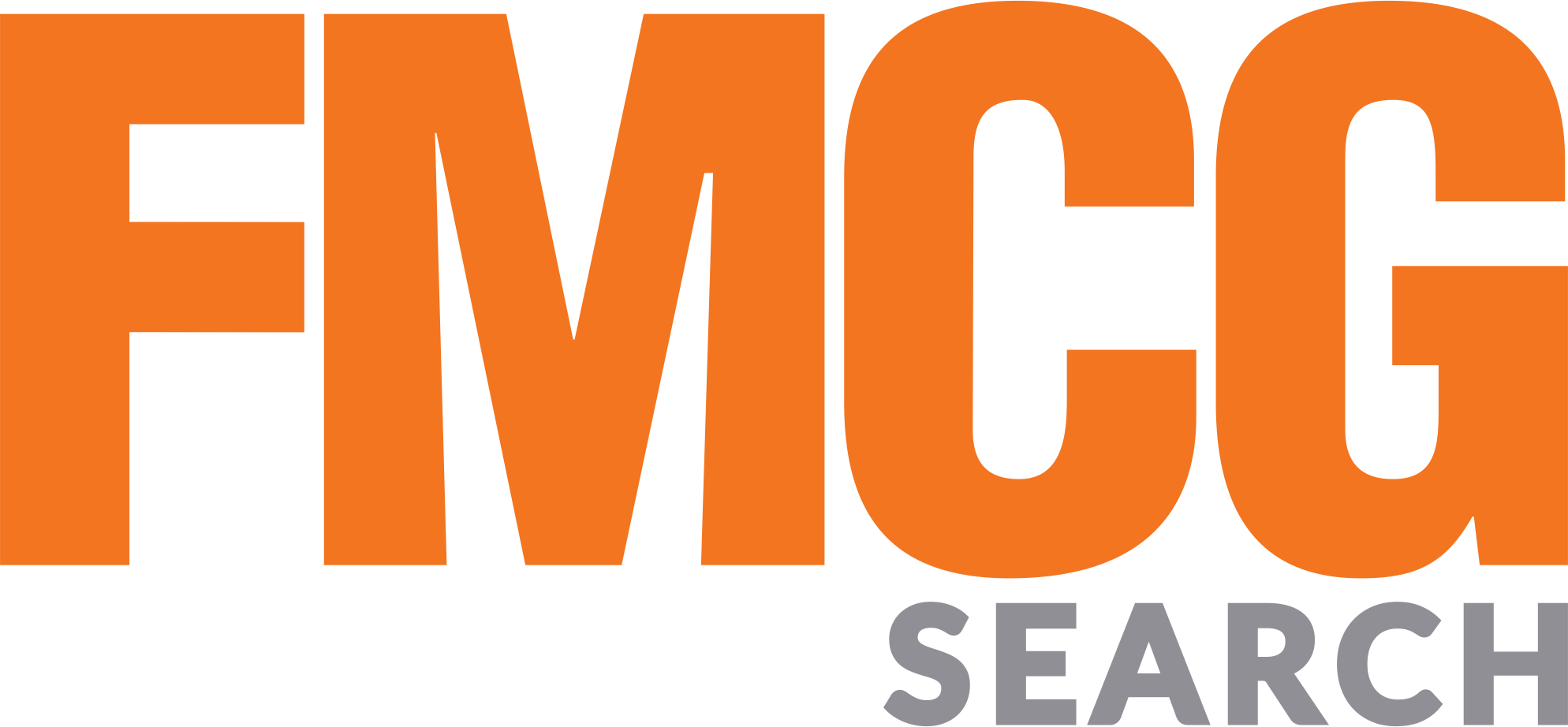15 Nov, 2023.
The fast-moving consumer goods (FMCG) industry in Nigeria has witnessed significant growth and transformation over the years, and 2024 is expected to be no different.
As the Nigerian economy continues to recover and expand, several key trends are likely to shape the FMCG sector in the country. Let's take a closer look at what to expect in 2024.
Digital Transformation: The FMCG industry in Nigeria is set to embrace digital transformation at an accelerated pace. E-commerce platforms and online marketplaces have gained tremendous popularity, providing consumers with convenient and hassle-free shopping experiences. In 2024, we can expect FMCG companies to invest heavily in their online presence, digital marketing, and supply chain capabilities to cater to the growing demand for online shopping
Focus on Local Sourcing and Production: With the Nigerian government's emphasis on promoting local industries and reducing import dependency, FMCG companies will increasingly prioritize local sourcing and production. This trend is driven by factors such as the need to support local farmers, reduce logistics costs, and comply with regulatory requirements. In 2024, we can expect FMCG companies to forge stronger partnerships with local suppliers and invest in local manufacturing facilities.
Health and Wellness Products: The Nigerian population is becoming more health-conscious, leading to a surge in demand for health and wellness products. In 2024, FMCG companies are expected to respond to this trend by offering a wider range of healthier food and beverage options, as well as personal care products with natural and organic ingredients. This includes products fortified with essential nutrients and vitamins to meet the rising demand for functional foods.
Sustainability and Environmental Responsibility: As global awareness of climate change and environmental sustainability grows, Nigerian consumers are increasingly looking for eco-friendly and sustainable products. In 2024, FMCG companies are likely to adopt greener practices, such as reducing packaging waste, promoting recycling, and sourcing renewable energy. Brands that prioritize sustainability will gain a competitive edge and appeal to socially conscious consumers.
Customization and Personalization: Consumer preferences and demands are becoming more diverse and individualized. In response, FMCG companies will focus on offering personalized products and experiences to cater to specific customer needs. This includes customized packaging, flavors, and formulations that resonate with different consumer segments. In 2024, we can expect FMCG brands to invest in data analytics and market research to better understand consumer preferences and tailor their offerings accordingly.
Innovation and Product Development: The FMCG industry thrives on innovation, and 2024 will be no exception. Companies will continue to invest in research and development to introduce new and improved products to the market. This could include innovative packaging designs, advanced production techniques, and the incorporation of emerging technologies like artificial intelligence and blockchain. FMCG companies will strive to stay ahead of the competition by offering unique and innovative products that meet evolving consumer demands.
The FMCG industry in Nigeria is poised for growth and transformation in 2024. With a focus on digital transformation, local sourcing, health and wellness, sustainability, customization, and innovation, FMCG companies will adapt to changing consumer preferences and market dynamics. By embracing these trends, FMCG companies can establish a strong foothold in the Nigerian market and cater to the evolving needs of the Nigerian consumer.
